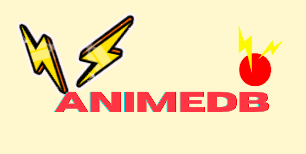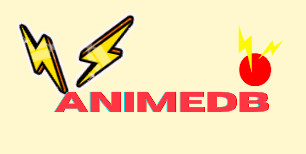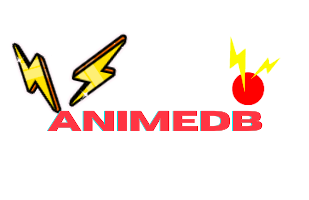The debate between anime and manga, two distinct mediums for storytelling in the realm of Japanese pop culture, has been a longstanding and passionate discussion among fans. Both anime (animated TV shows or movies) and manga (comic books or graphic novels) have their unique strengths, and the choice between them often boils down to personal preferences. Let’s delve into the merits of each medium and explore the ongoing discourse on which one tells a story better.
Anime: Bringing Stories to Life
1. Visual Spectacle:
- Strength: Anime excels in bringing stories to life through vibrant colors, fluid animation, and dynamic cinematography. Action sequences, emotional moments, and fantastical elements are visually enhanced, providing a more immersive experience.
- Example: Witness the breathtaking animation in films like “Your Name” or the detailed fight scenes in “Attack on Titan.”
2. Voice Acting:
- Strength: Anime incorporates voice acting, allowing characters to speak and emote with distinct voices. Talented voice actors bring characters to life, adding an extra layer of depth to the narrative.
- Example: The emotional performances in “Spirited Away” or the iconic voice work in “Cowboy Bebop” contribute significantly to the storytelling.
3. Soundtrack:
- Strength: Anime often features memorable soundtracks that complement the narrative, evoke emotions, and enhance the overall viewing experience. Music becomes an integral part of the storytelling process.
- Example: The iconic scores of “Naruto” or the evocative music in “Death Note” contribute to the series’ impact.
4. Pacing and Atmosphere:
- Strength: Anime has the advantage of controlling the pacing of a story through editing and direction. Directors can build atmosphere, create tension, and control the emotional impact of each scene.
- Example: The deliberate pacing in “Steins;Gate” enhances its intricate time-travel narrative.
Manga: The Power of Imagination
1. Artistic Expression:
- Strength: Manga allows creators to express their artistic vision in a more personal and detailed way. Panels and pages become canvases for intricate illustrations, showcasing the mangaka’s unique style.
- Example: The detailed and expressive art in “One Piece” or the beautiful simplicity of “A Silent Voice” exemplifies the power of manga art.
2. Pacing Control:
- Strength: Readers have control over the pacing of the story, able to linger on panels or swiftly move through pages. This autonomy allows for a more personalized and immersive reading experience.
- Example: The deliberate pacing in the psychological thriller “Monster” heightens the suspense and impact of each revelation.
3. Original Source Material:
- Strength: Manga is often the original source material for anime adaptations. Reading the manga provides insight into the creator’s vision without potential alterations or omissions made during the adaptation process.
- Example: Reading the manga of “Fullmetal Alchemist” allows fans to explore Hiromu Arakawa’s original narrative and art.
4. Accessibility and Portability:
- Strength: Manga is easily accessible and portable, allowing readers to enjoy stories anytime and anywhere. The physical form or digital availability of manga makes it convenient for on-the-go consumption.
- Example: Commuting with a volume of “My Hero Academia” offers a portable and enjoyable reading experience.
The Ongoing Debate: Preferences and Adaptations
1. Subjective Preferences:
- Consideration: The choice between anime and manga often comes down to personal preferences. Some fans enjoy the dynamic animation and immersive soundscapes of anime, while others appreciate the control over pacing and artistic details offered by manga.
2. Adaptation Variances:
- Consideration: Anime adaptations may alter the source material for various reasons, leading to debates about fidelity to the original manga. Some fans prefer the manga for a purer experience of the creator’s intent.
3. Completion and Continuation:
- Consideration: Manga series are often ahead of their anime counterparts, providing a sense of closure or continuation for dedicated readers. Anime may leave viewers hanging, waiting for subsequent seasons or adaptations.
4. Time Commitment:
- Consideration: Anime episodes typically require more time commitment than reading manga chapters. Some fans appreciate the concise nature of manga, allowing them to follow multiple series more easily.
Conclusion: A Matter of Personal Taste
The debate between anime and manga, each with its strengths and unique qualities, ultimately boils down to personal taste. Some fans may prefer the vibrant animation, voice acting, and soundtracks of anime, while others relish the detailed art, control over pacing, and accessibility of manga. Both mediums offer immersive storytelling experiences, and the ideal choice depends on the individual’s preferences and the specific qualities they prioritize in a narrative.
In the end, whether you choose to dive into the animated worlds of anime or get lost in the pages of manga, the rich tapestry of Japanese storytelling awaits, ready to captivate and engage audiences around the globe. The beauty lies in the diversity and creativity found in both mediums, each contributing to the rich and ever-evolving landscape of Japanese pop culture.












What do you think?
Show comments / Leave a comment